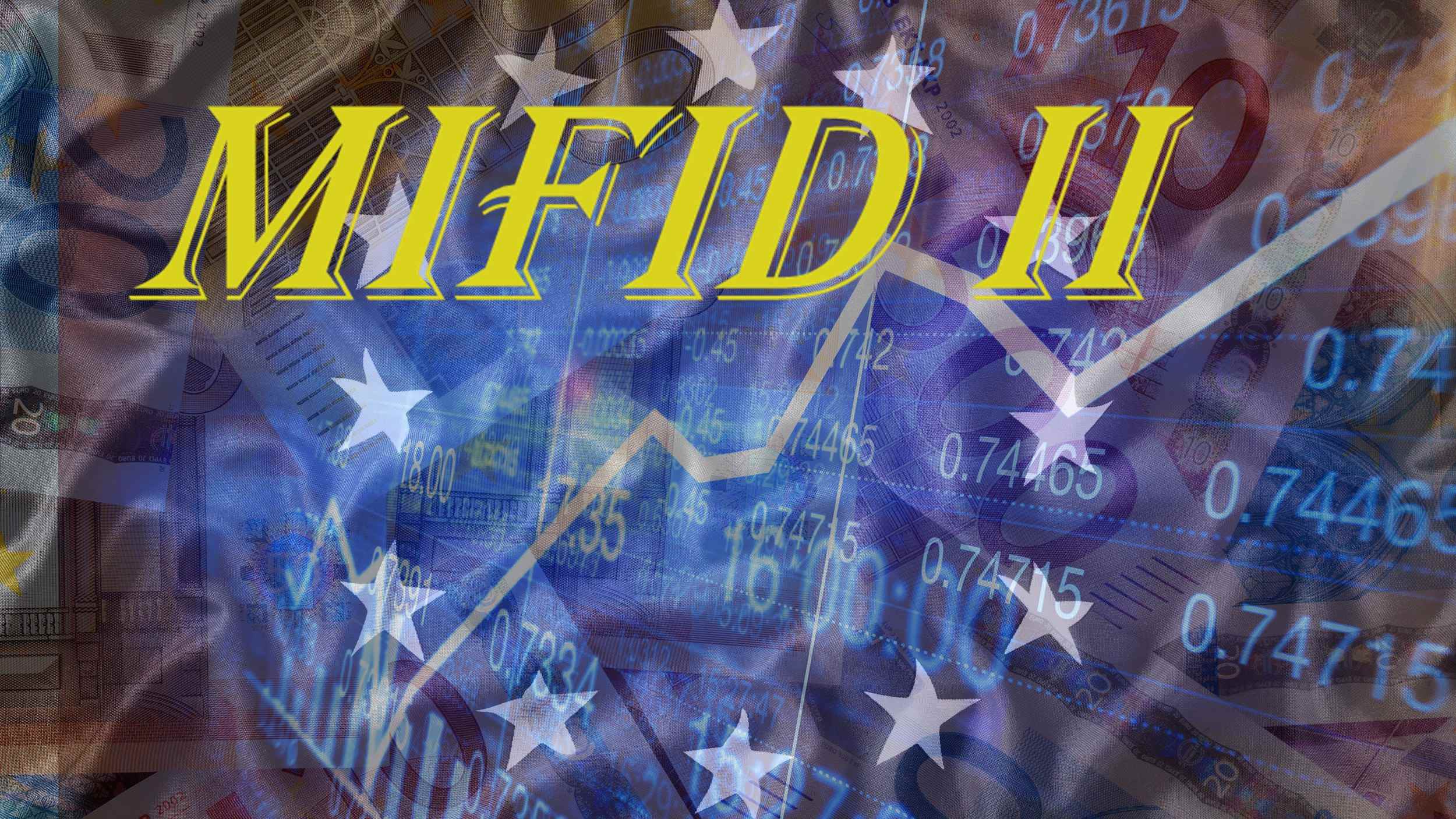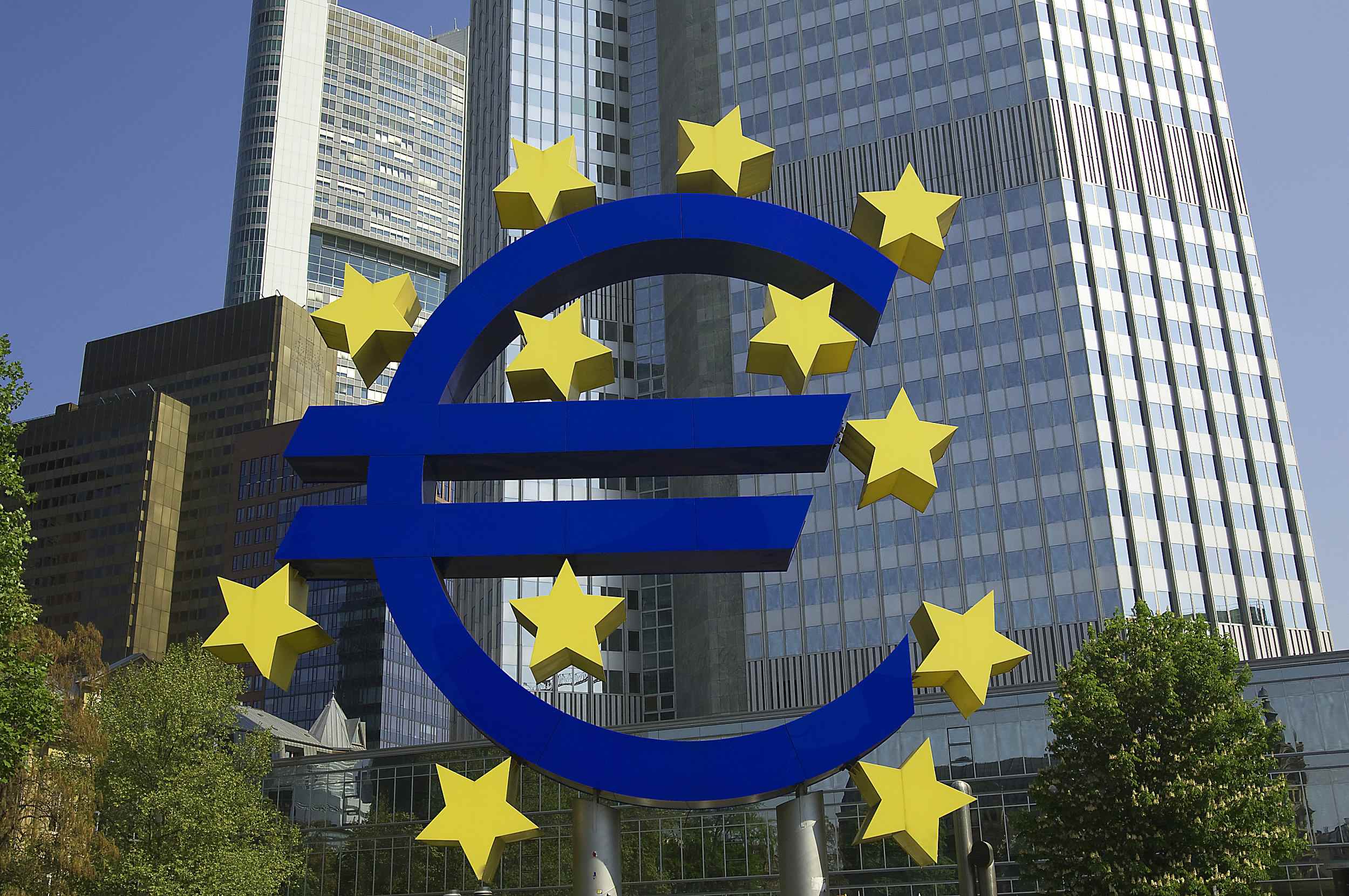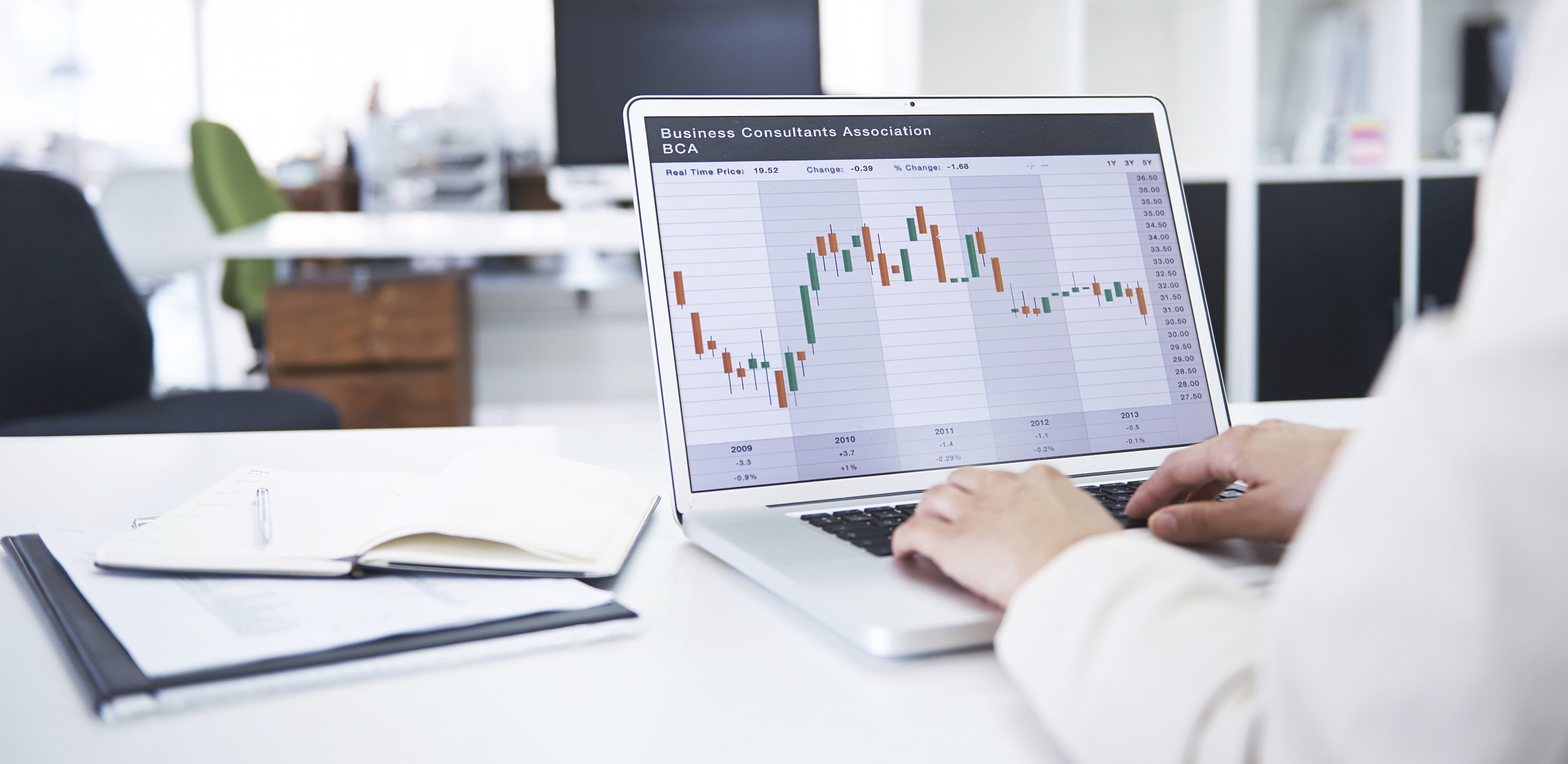
Business
16:12, 02-Jan-2018
What is MiFID II, and what does it mean for China?
CGTN's Nicholas Moore

Global markets are set to start 2018 with the biggest overhaul of financial regulations in the past decade, with the launch of MiFID II in the European Union on Wednesday. But what is MiFID and what does it mean for the finance industry?
What is MiFID II?
MiFID is a catchier abbreviation for Markets in Financial Instruments Directive and was first launched in 2007. It originally aimed to integrate European financial systems further, reduce the powers of stock markets and lower the costs for trading equities. However, its launch coincided with the start of the global financial crisis, which harshly exposed the first MiFID’s weaknesses.

VCG Photo
VCG Photo
For MiFID II, European legislators have spent seven years coming together with more than 1.7 million paragraphs of new rules that look to increase transparency, security and efficiency while digitalizing the entire EU finance industry.
What are the new regulations?
New standards will look to cap the volume of trading on off-exchange “dark pools,” and bring clarity to off-exchange markets like bonds and derivatives. Overall, MiFID II will aim to boost wider transparency for trading in all asset classes, like equities, exchange-traded funds and foreign currency exchange.
Moving trading from the phone to the computer will see all transactions digitally time-stamped, with data recorded and made available to customers for at least five years. Financial institutions will be obliged to prove to clients that they have been given the best possible deal.

VCG Photo
VCG Photo
One of the biggest shake-ups could be to market analysts. Fund managers will now have to pay research fees and trading costs separately rather than as a packaged bundle, in order to provide greater transparency over how clients’ money is spent.
Previously, that bundle would be passed on to clients, with analyst fees a significant hidden cost to investors. The Financial Times reports that the global average cost for just one phone call between an asset manager and an analyst is around 2000 US dollars, and MiFID II is likely to see investment on research drop by 1.5 billion US dollars, according to consultancy Oliver Wyman.
What does it mean for China and the rest of the world?
While the reforms under MiFID II directly affect all internal EU trade of assets, EU-based investors, asset managers and finance companies, the wide scope of the new directive means its effects will be felt globally.
Investors from China and elsewhere looking to launch mergers and acquisitions or invest in other EU assets will have to comply with MiFID II, which will force greater all-round transparency from all sides involved. In 2016, Chinese companies invested 35 billion euros (42.1 billion US dollars) in Europe, a 77 percent rise on the previous year.
Moreover, MiFID II will also cover EU-based investors looking to trade in companies that have secondary listings in Europe, such as Apple.
While MiFID II will force changes for US and Japanese finance companies with EU clients, China’s finance industry remains largely focused on domestic markets, meaning that MiFID II should not have an immediate effect on policymakers in Beijing.
The drop in research investment mentioned above is a blessing for Beijing, with more and more young Chinese talent with degrees in economics, mathematics and business returning home rather than finding work in Europe.

MiFID II could see more talented young Chinese analysts return home from Europe. /VCG Photo
MiFID II could see more talented young Chinese analysts return home from Europe. /VCG Photo
China can look forward to attracting a generation of talented financial analysts left unwanted in the EU thanks to MiFID II. Bloomberg reports that 4,000 analyst jobs have been cut in London since 2011, while Chinese research roles have grown by 20 percent in the same period.
However, the Financial Times reports that Asian banks and finance institutions are considering aligning themselves with MiFID II, in order to remain global and give all clients the same protections based on the EU model. This will increase costs in the short term for banks in Singapore and Hong Kong as they adapt to the new regulations.
Efforts by China to further open up its markets and go global also mean some mainland-based institutions will come under pressure to offer levels of transparency and security in line with MiFID II to compete for global clients.
MiFID II was supposed to be adopted in 2017, but European authorities decided that the bloc’s economic situation had not sufficiently recovered from the financial crisis, forcing them to delay until January 3.
Brussels’ decision to go ahead with MiFID II on Wednesday displays growing confidence in the EU’s financial situation, where economic growth in 2017 was at its fastest in a decade.

SITEMAP
Copyright © 2018 CGTN. Beijing ICP prepared NO.16065310-3
Copyright © 2018 CGTN. Beijing ICP prepared NO.16065310-3